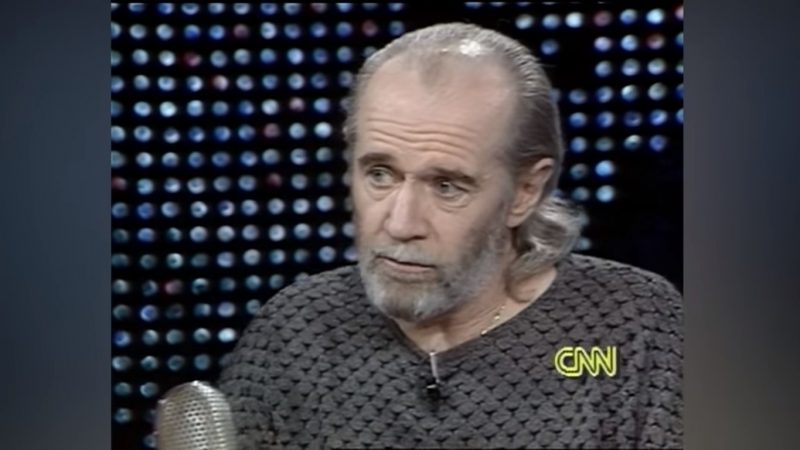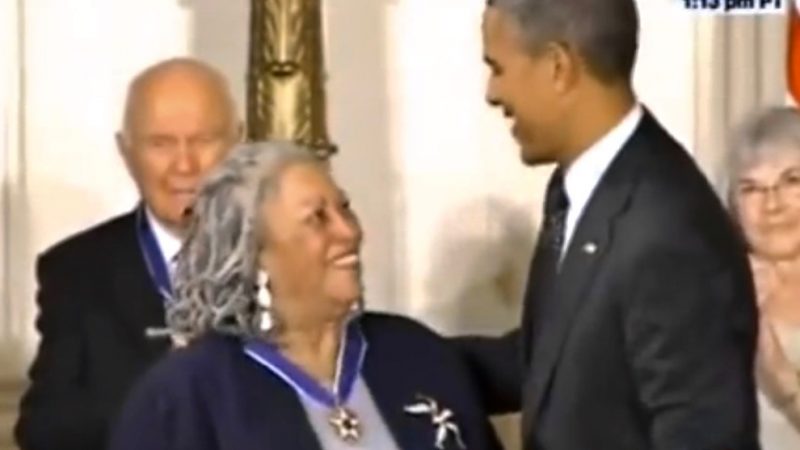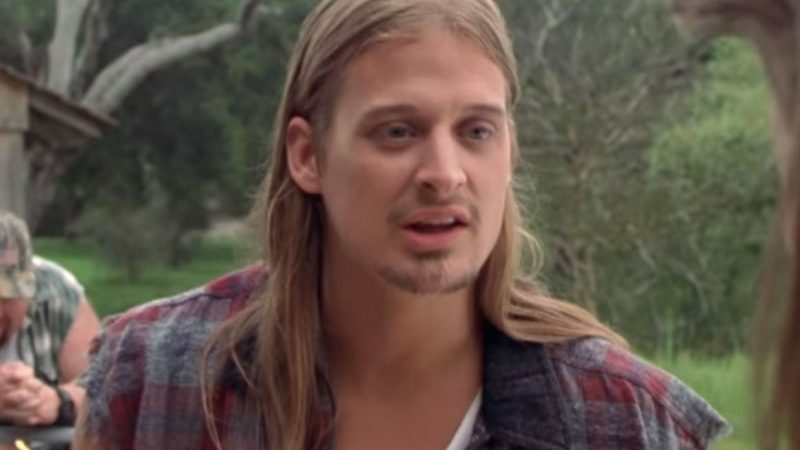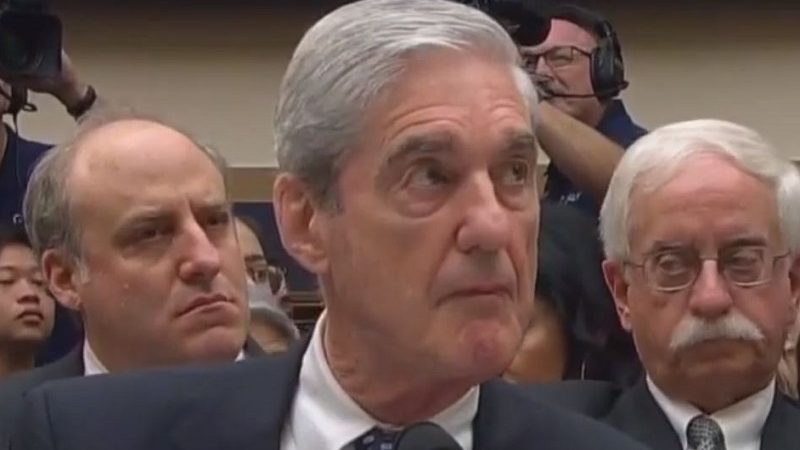Rainbow Rowell’s New YA Novel Pits Gay Harry Potter Against the Alt-Right
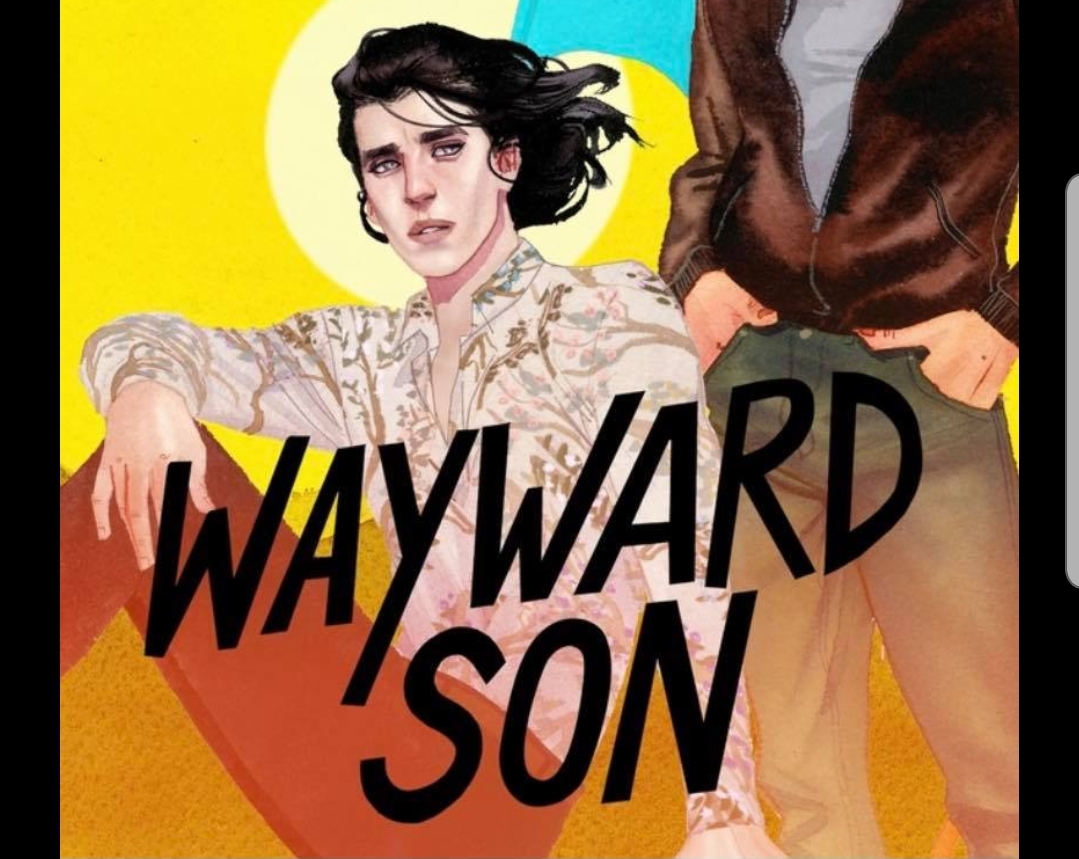
In a time when our senses–our eyes and ears, as well as our senses of outrage, of normalcy, and of truth–are overstimulated by a constant flow of ever-escalating crises, it can be easy not to notice when good things happen.
Well, a good thing happened this week (I mean, a good thing besides the impeachment announcement). A good book came out. It’s timely without being on-the-nose, it’s touching, it’s funny, it’s a strong showing from a talented writer with influence among young readers. It’s called Wayward Son, and we’re all going to take a deep breath and talk about it.
For those of you who are already fans, here’s a warning: this will contain spoilers, so if you haven’t finished the book yet, steer clear.
For those of you who don’t know, some brief background on author Rainbow Rowell. She is the author of several young adult novels, the most critically notable of which is Eleanor and Park, in which a young girl must escape an abusive home life at the expense of her first romance. With this and the painfully awkward coming-of-age novel Fangirl, Rowell gained a reputation for humorous but emotionally intense stories that readers couldn’t put down. But Fangirl had something else, an extra spark. The story revolves around a college Freshman who, in high school, built her identity around the fandom of a Harry Potter-like book series called Simon Snow. While the plot of the novel follows the protagonist as she navigates a renegotiation of her identity in the adult world, it was the Simon Snow material that readers were unable to let go of. The text is littered with little ‘excerpts’ from the imaginary books and the protagonist’s fanfiction of them, and the rich, expansive magical world hinted at in these excerpts stuck with readers. Pictures of Simon Snow characters were drawn, new stories featuring them were written. In other words, Rowell had accidentally created a thriving fandom for a book that didn’t yet exist.
Of course, in 2019, in a world that contains BookTube, we recognize this as a popular though rarely successful marketing tactic. That was not yet the case, however, when Carry On was published in 2015. Named after the Fangirl protagonist’s major fanwork (Carry On, Simon), this was, essentially, the conclusion of the Simon Snow books’ narrative–a series which, again, does not exist.
And as a YA fantasy work, it’s outstanding. In Carry On, Rowell answers Harry Potter–the story takes place at a magical boarding school in England, where Simon is the Chosen One who must fight against a powerful villain called the Insidious Humdrum–while still creating an entirely unique magical world. Of course, the real draw was to see Simon fall in love with Baz, his roommate and antagonist, in a very clear analogue to one of the most popular queer readings of Harry Potter (that Harry and Malfoy are in love).
It’s a good book, and Wayward Son is a good sequel to it. America has suffered a lot of trauma in the time between the 2015 publication of Carry On and today, and Rowell, who is American, takes advantage of the foreignness of her characters to explore and, where appropriate, satirize our current crisis. In it, Simon, Baz, and Simon’s best friend Penny find themselves at loose ends, trying to build a life in the wake of a school career filled with constant high-stakes fighting. Simon has lost his magic, leading to a depression that strains his relationship with Baz. Penny’s solution is to take them all on a surprise trip to America, where they will visit her long-distance boyfriend in Chicago, then drive to California to check on Simon’s diffident ex-girlfriend, Agatha. Things go sour at once when Penny’s boyfriend breaks up with her and Agatha tells them that she will be out of town during the planned visit. All of this is your standard road-trip-movie setup, or would be, if it weren’t for the alt-right vampires.
See, the rules of the magical world are very different in America, and while the British characters’ culture shock leads to plenty of humor and hijinks, that’s not what makes this book so remarkable. Nor is it the commentary on American imperialism, (magical creatures live in ‘quiet zones’ where mages can’t cast spells, at one point referring to them directly as ‘reservations’), which is entirely par for the course in contemporary urban fantasy. As in any juicy adventure story, it’s all about the villains.
In this case, the villainous collective is NowNext, a fascist vampire cult masquerading as…well, as a Silicon Valley health cult. There are some aesthetic similarities to NXIVM (pronounced “nexium”), Keith Raniere’s infamous MLM-turned-sex-cult, but since this is a fantasy story, its underbelly turns out to be even more insidious. Agatha reluctantly agrees to attend a NowNext retreat with her scatterbrained friend Ginger because, despite knowing that it’s a cult, she wants to be support Ginger’s enthusiastic interest in it. She meets the cult’s charismatic leader, Braden, and ends up his captive because he wants to harvest her DNA to unlock the secret to magic. Meanwhile, Penny, Simon, Baz, and their new friend Shepard find out that NowNext is actually an enclave of vampires that also call themselves “Next Bloods,” having announced their intentions to harvest magical ability and mingle it with their vampiric strength, conferring on themselves both immortality and a near-unlimited power to shape reality.
You’ll notice my earlier use of the terms “alt-right” and “fascist,” and may be wondering if I intend to justify them. Rowell herself never names these threats specifically–fortunately for her readers, she has a lighter touch than that–but then, she doesn’t have to. The alt-right language of today is made up entirely of euphemisms and dog-whistles; even “alt-right” was one of theirs, before we caught on. So, for example, when cult leader Braden tells Agatha, “We’re here to evolve. We’re moving mankind forward,” and calls himself “the next stage of human life,” we hear the eugenicist and supremacist echoes. When Braden tells a rival vampire, “we don’t like to involve NPCs,” (referring to Shepard, a non-magical human), many readers will already recognize this term as a part of the new crop of neo-fascist slang.* Which makes it extremely satisfying when, a few pages later, Baz, a queer foreigner, punches his jaw clean off.
Incidentally, the rival vampire mentioned is the vampire “king” of Las Vegas, a neo-liberal capitalist who betrays Simon and Penny to the Next Bloods, despite his own distaste for their goals and methods, in order to save “his” people from their aggression. Sound familiar?
All this to say: Wayward Son is a fun story, and it’s an escape, but it also addresses the world we live in. Frankly, in the current media landscape, any story that tries to remove us from current events without first recognizing them comes off as absurd and tone-deaf. Rainbow Rowell has lived up to her reputation for insightful narrative by anticipating this. Plus, there’s a were-skunk with a gun and a pickup truck.
— —
*”NPC,” short for “non-player character” and originating in gamer language, is a term various groups of young fascists and supremacists use to refer to people who they see as bystanders, rather than political allies or opponents.

